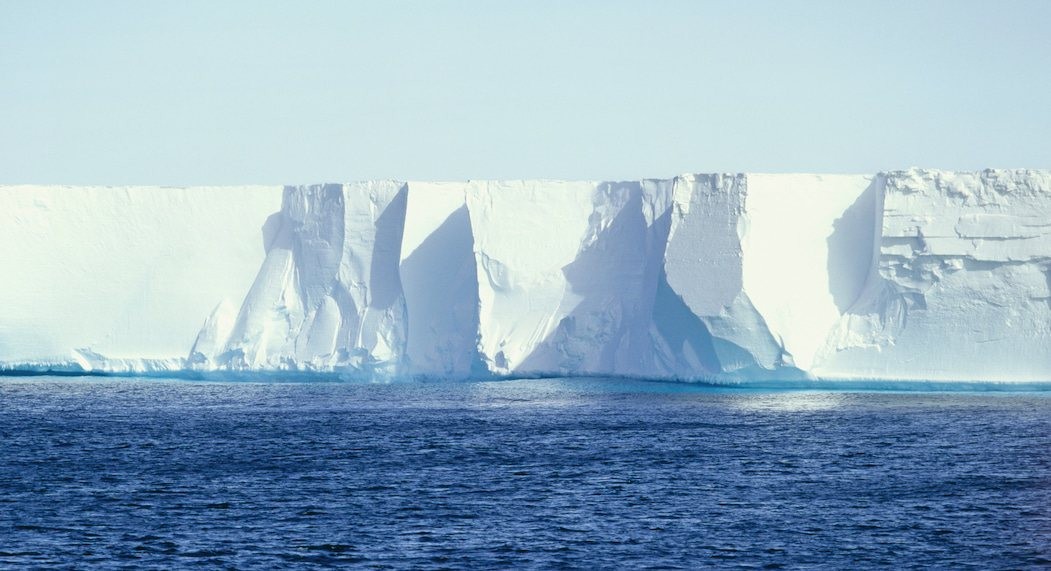A new study has revealed that the loss of the West Antarctic Ice Sheet is not a foregone conclusion, and local environmental conditions can slow it.
The researchers studying the sheet found that the scale of the loss varied from area to area depending on local environmental conditions.
They found that the loss was driven by changes in the surrounding ocean temperatures, which in turn were affected by the variety of offshore wind. The research cast some doubts over the current wisdom that once an ice sheet reaches a certain point, it will collapse regardless of environmental conditions.
Scientists from the University of Cambridge, the University of Edinburgh and the University of Washington conducted the research. Commenting on the findings, Dr. Frazer Christie, the lead author from Cambridge’s Scott Polar Research Institute, stated:
“The idea that once a marine-based ice sheet passes a certain tipping point it will cause a runaway response has been widely reported. Despite this, questions remain about the extent to which ongoing changes in climate still regulate ice losses along the entire West Antarctic coastline. But between 2003 and 2015 offshore of the Amundsen Sea Sector, the intensity of the prevailing westerly winds reduced. This meant that the deeper, warmer water couldn’t intrude, and we saw a notable change in corresponding glacier behavior along the region: a clear reduction in the rate of melt and ice-mass loss. There is an intimate link between the climate and how the ice is behaving. We have the ability to mitigate West Antarctic ice losses – if we curb carbon emissions.”
While from the University of Washington in Seattle, Professor Eric Steig, study co-author, added:
“Ocean and atmospheric forcing mechanisms still really, really matter in West Antarctica…That means that ice-sheet collapse is not inevitable. It depends on how climate changes over the next few decades, which we could influence in a positive way by reducing greenhouse gas emissions.”
On the other hand, the other study co-author, Professor Robert Bingham from the University of Edinburgh, stated:
“This study reinforces the urgent requirement to clarify how rapidly the most vulnerable regions of the West Antarctic Ice Sheet such as Thwaites Glacier will retreat, with global consequences for sea level rise. New data that we are currently acquiring from a traverse across Thwaites Glacier this January will directly address this goal.”
You can find the original research here.

